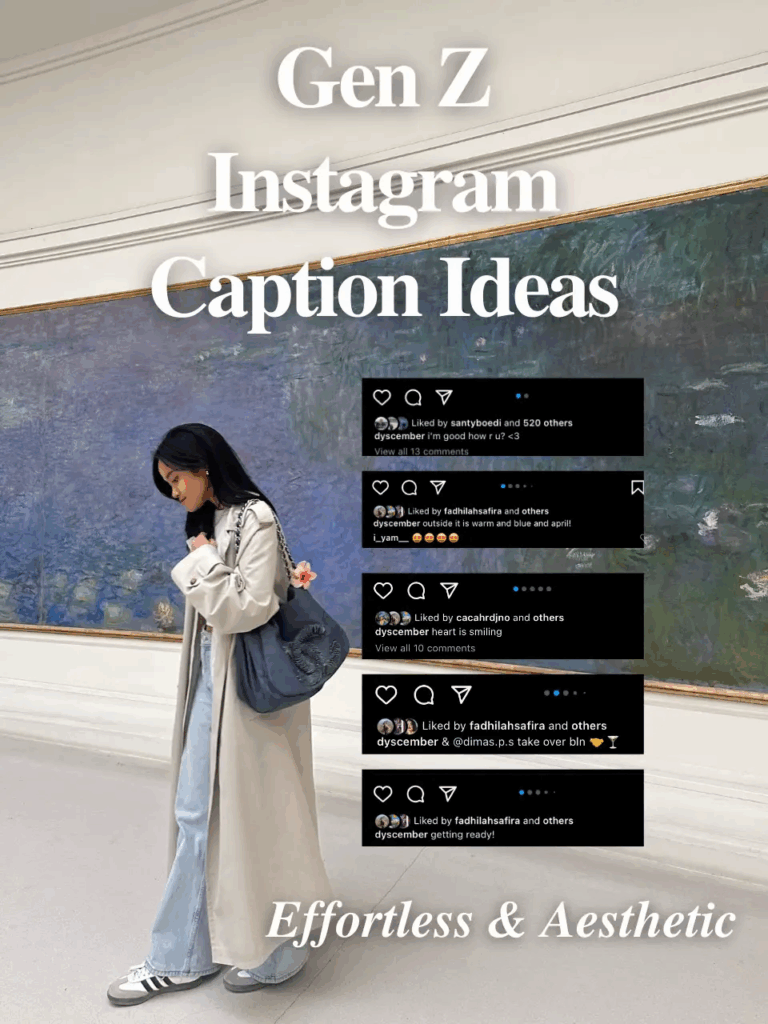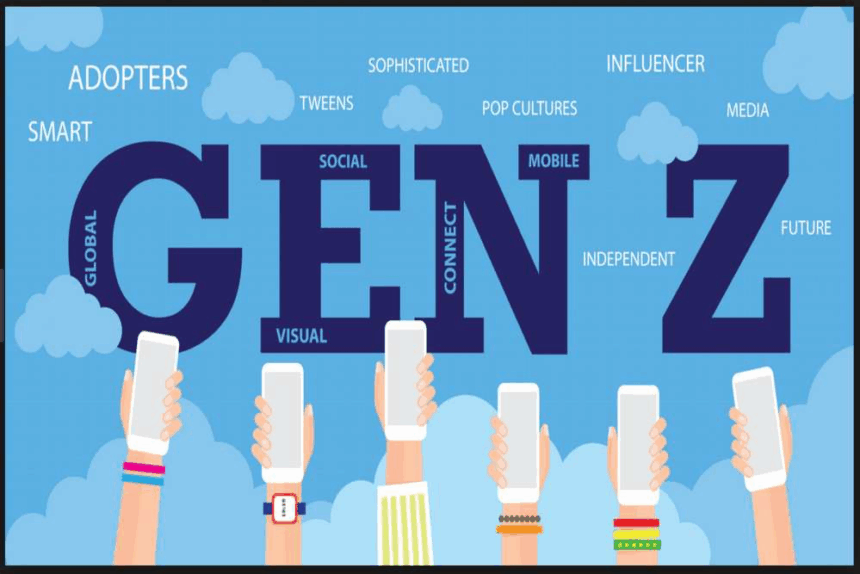In this article I will explain Why Gen Z Treats Save Files Like Diaries—an interesting change in the relationship younger gamers have with video games on an emotional level.
Save files for them, go beyond being markers of progress; they are time capsules of personal moments, emotional archives, and even canvases of one’s creativity.
This reflects how the act of playing video games is starting to blend with the notions of memory and personal identity.
Overview
It would appear that the concept of saved files is obsolete with the era of auto-saves and cloud storage. However, for the members of generation z, save files are no longer just points in a game but are glimpses into the past, personal records, and journals that mark the significant events of their life.

This specific generation’s engagement with gaming save files captures the remarkable emotional bond this generation has with their virtual existence and evokes a transformation of the approach towards the narrative, memory, and storytelling within the digital realms.
The Personalization of Play
While older generations viewed save files as a means to “pause” in a game, Gen Z sees it as a way to style their playing experience. Many players want to capture moments by creating different saves, capturing decisions or narrations in alternate storylines.
Games Elden Ring, The Sims, or Stardew Valley make players want to preserve their save files with distinct names, reflecting their mood or some events. One game might contain save files “Breakup Arc”, “Rage Mode” or “Cozy Farm Days”. This is akin to diary or journal habits—classifying emotions, documenting a process, or analyzing change over time.
Emotional Attachment to Digital Moments
For the younger generation, gaming is not only about achieving the highest score or aiming for the top places on a leaderboard. It is far more holistic. They now view gaming as a holistic experience and as a story-based journey.
So, files saves now tell tales and hold onto memories, challenges, and even emotion and resonate with coping strategies. As an illustration, a save file from a gloomy or melancholic period in a real-life scenario might reflect a soothing escape which is something profoundly personal.
The following table illustrates how save files take on emotional value:
| Save File Name | Game | Emotional Significance |
|---|---|---|
| “Summer Before College” | Stardew Valley | Represents carefree exploration |
| “Breakup Recovery” | Animal Crossing | Symbol of healing and emotional growth |
| “Chaos Playthrough” | Skyrim | Outlet for frustration or rebellion |
| “Quarantine Island” | Minecraft | Nostalgic reminder of pandemic era |
Save Files as Markers of Identity
In a lot of ways, save files act as of a form of digital identity. For Gen Z, who uses MySpace, Tumblr, and Instagram, builds a digital portfolio, a library of curated game saves. It goes beyond deep personal reflections their preferences, creativity, ethics like NPCs. It also includes their social values.
In a role-playing game, multiple saves may depict several versions of “the self”. There could be a heroic self, a villainous character, and a third self who is more experimental. With each file, a set of choices, intentions, and feelings unique to a point in time are preserved.
Social Media and the Emerging Phenomenon of Save File Storytelling

As we discuss social media platforms like TikTok and Reddit, we now have virtual stages where save file stories can be shared and even narrated.
Gamers not only post screenshots. They also explain the saves and emotive triggers, and some even have follower narratives paths to choose from. This social dimension serves to externally transform save files from personal belongings hidden in a private hard drive to memories to be shared.
The Allure of Manual Saving
Compared to Gen Z’s preference for manual saving, autosave and cloud sync functions feel less captivating. Manual saving allows for reflexive checking, labeling, and even archiving the moment thanks to the system’s image. Not merely functional, memory creation in this manner becomes a deliberate act.
A New Approach to Documenting Life
Shifting to the manual saving preference of Gen Z reflects a wider cultural trend of digitally documenting life. Gen Z, much like previous generations of physical diary keepers and bloggers, now emotionally archives moments in virtual spaces. Save files, in this case, serve as a flexible, creative, and deeply immersive way to do so.

The uses of save files go well beyond mere quirks. Embraced by a specific generation, trends like this speak volumes. Branded as the blurr between the digital and physical, save files in this context act as personalized keepsakes, mini capsules, and emotional time capsules for an increasingly digital world.
Conclusion
As the gaming sphere develops, the emotional ties between gamers and their save files will intensify. Perhaps, in the near future, games will opt to implement better save management systems, tagging systems, or memory logs reflecting the player’s emotions at the time of saving. For Gen Z, game saving is an act of narrating a story, not protecting a moment.
FAQ
Why does Gen Z care so much about game save files?
They see save files as emotional records—like digital diaries that capture moods, life stages, and personal growth.
How are save files similar to journaling?
Gen Z often labels saves based on emotions or events, turning them into timestamped memory snapshots.
What kinds of games encourage this behavior?
Narrative-driven or open-world games like The Sims, Stardew Valley, and Skyrim allow flexible choices that reflect players’ emotional states.









